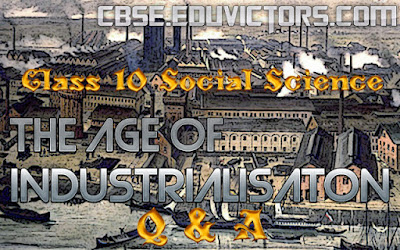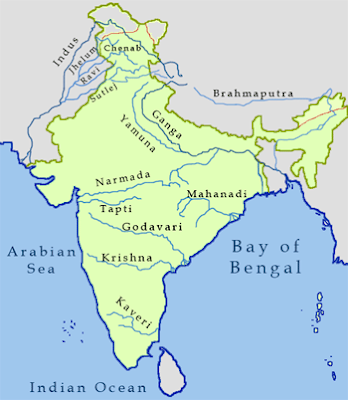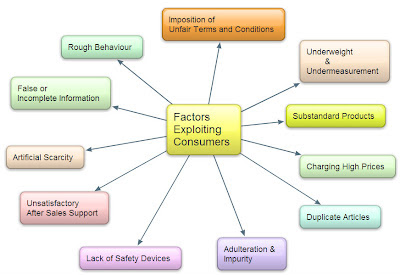Work, Life and Leisure
(Questions and Answers)
Q1: Give two reasons why the population of London expanded from the middle of the eighteenth century.
Answer:
- The city of London was a magnet for the migrant populations because of the job opportunities given by its dockyards and industries. By 1750, one out of every nine people of England and Wales lived in London. So, the population of London kept expanding through the eighteenth and nineteenth centuries.
- During the first world war, London began manufacturing motor cars and electrical goods. This increased the number of large factories, which in turn increased the number of people coming to the city in search of work.
Q2: Explain any three problems faced by people who migrated to Bombay in the mid-nineteenth century.

















